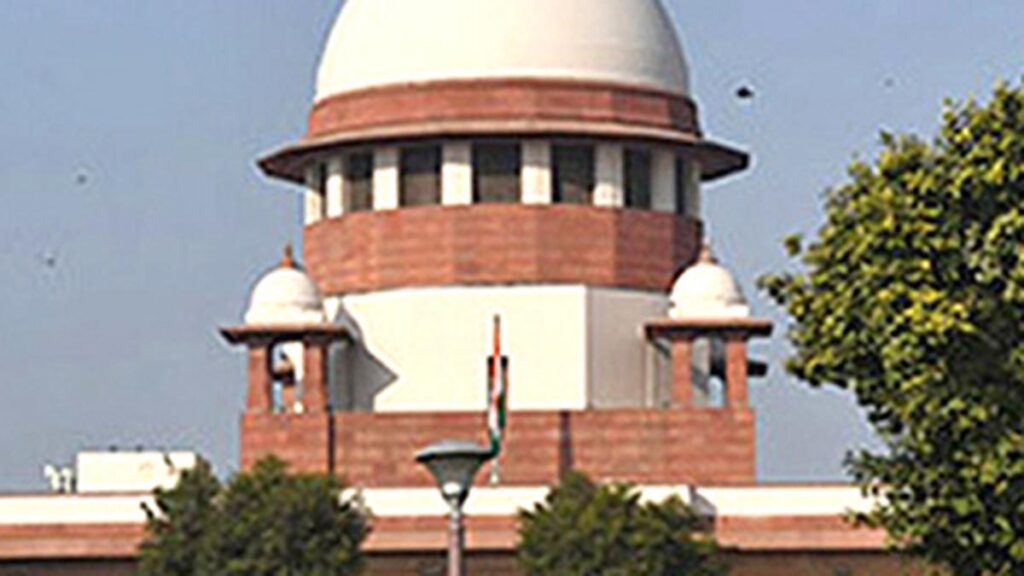Important for
Prelims: Indian Polity
Mains: General Studies Paper II
Preventive detention, a colonial legacy, has the ability to confer arbitrary powers to the state: SC judgment

- The Supreme Court observed in a judgment that preventive detention laws in India are a colonial legacy and confer arbitrary power to the state.
- The judgment described preventive detention laws as “extremely powerful”.
- They have the ability to provide the state with unfettered discretion.
Preventive detention
- It means the detention of a person without trial. It refers to the detention at the will of the executive.
- In normal day-to-day life, we come across punitive detention which seeks to punish a person for what he or she has done after a trial in a court of law for the offence committed by him or her.
- On the other hand, the objective of preventive detention is to prevent a person from doing something, and the detention in this case takes place on the apprehension that he or she is going to do something prejudicial to the security of the State, public order, maintenance of supplies and services essential to the community, defence, foreign affairs or security of India.
Issues
- Preventive detention looks like an effective tool in the hands of the government to deal with anti-social elements or subversives.
- But this provision has often been misused by the government.
- Both Central and state governments have abused such legislation, with even the judiciary being unable to effectively limit such abuses as the detention of individuals without cause, and the failure to follow even the minimal protections offered by Article 22 of the Constitution.
Safeguards
- Article 22(3) of the Constitution provides for preventive detention laws, Article 22(4) contain the following safeguards against abuse of this power:
- No law providing for preventive detention shall authorise the detention of a person for a longer period than three months. Detention beyond this 3-month period requires clearance from an Advisory Board.
Suggestions
- There must be greater safeguards so that it may not be misused against people.
- The court must analyse cases arising from such laws with extreme caution and excruciating detail, to ensure that there are checks and balances on the power of the government.
- Every lapse in procedure must give rise to a benefit to the case of the detenue.
Practice Questions for Prelims
Which of the following statements with regard to preventive detention in India is/are correct?
1. The Detenue has no rights other than those mentioned in clauses (4) and (5) of Article 22 of the Constitution of India
2. The Detenue has a right to challenge the detention order on the ground that he was already in jail when the detention order was passed
3. The Detenue can claim bail on the ground that he has been in prison beyond twenty-four hours without an order from the magistrate.
Select the correct answer using codes:
a)1 and 2only
b) 2 only
c) 3 only
d) 1,2 and 3
Ans. a)




Leave a Reply
You must be logged in to post a comment.